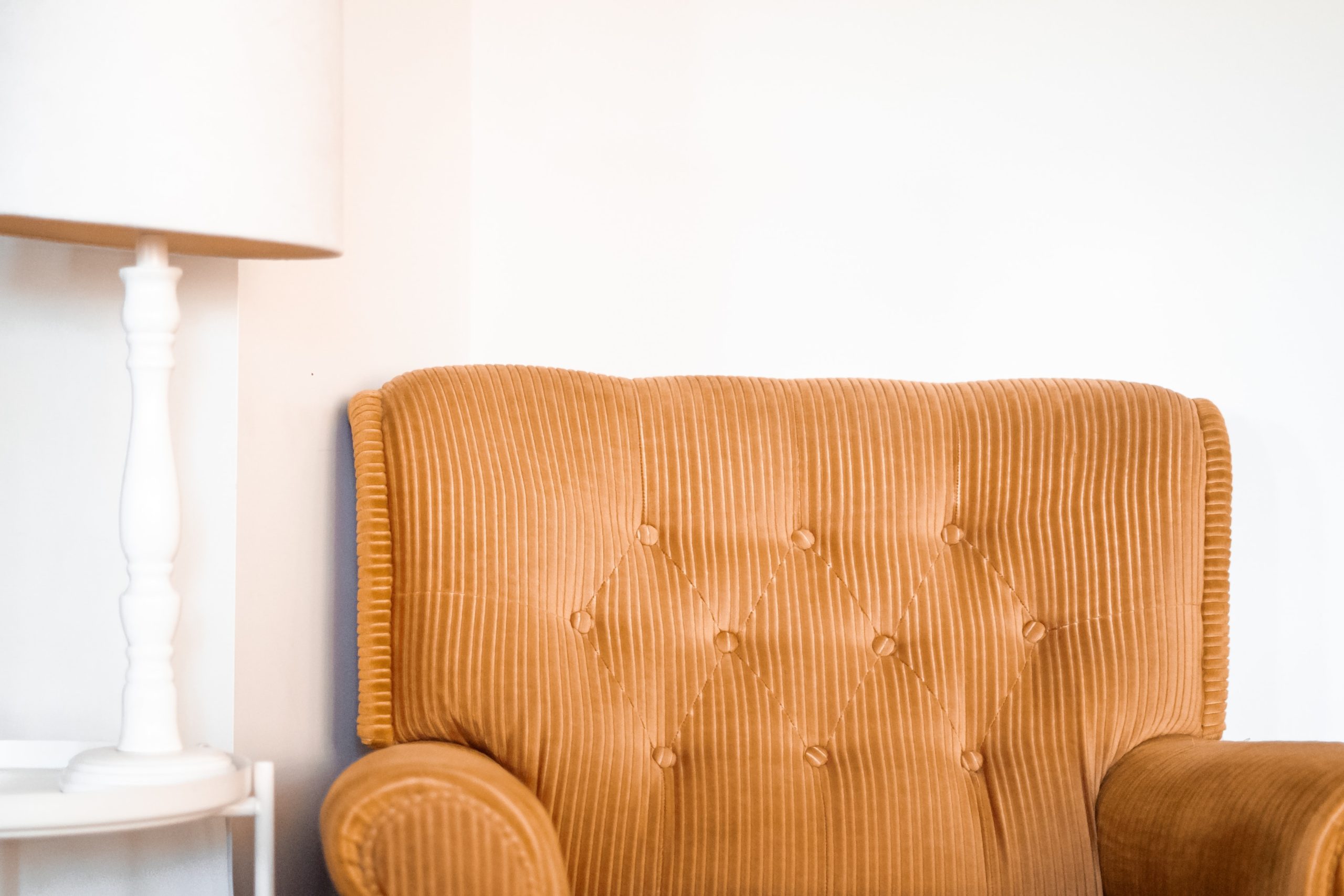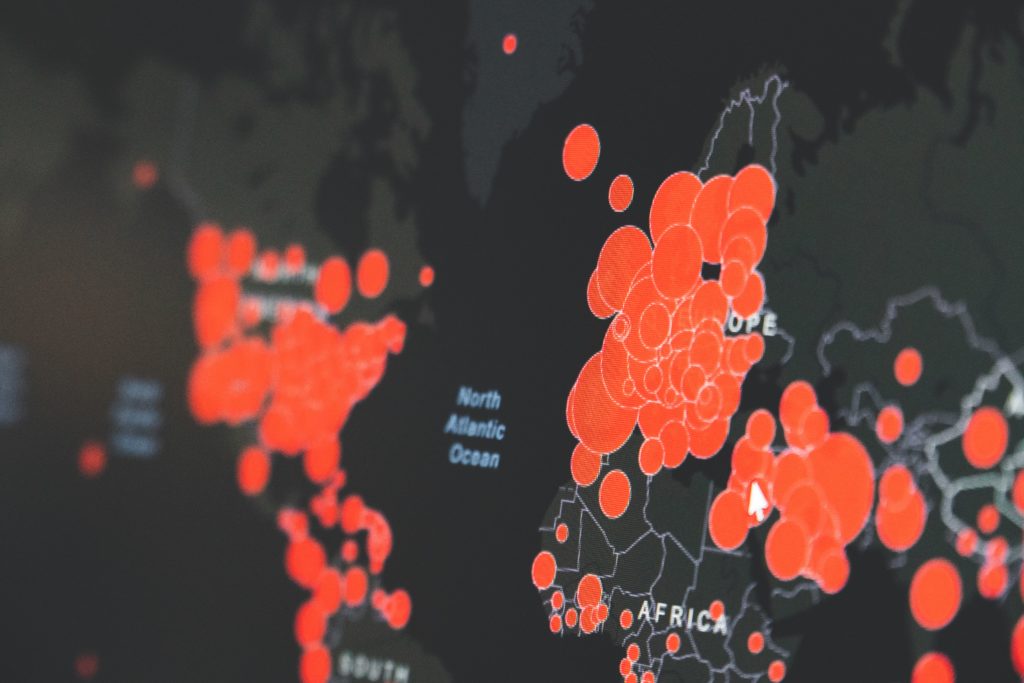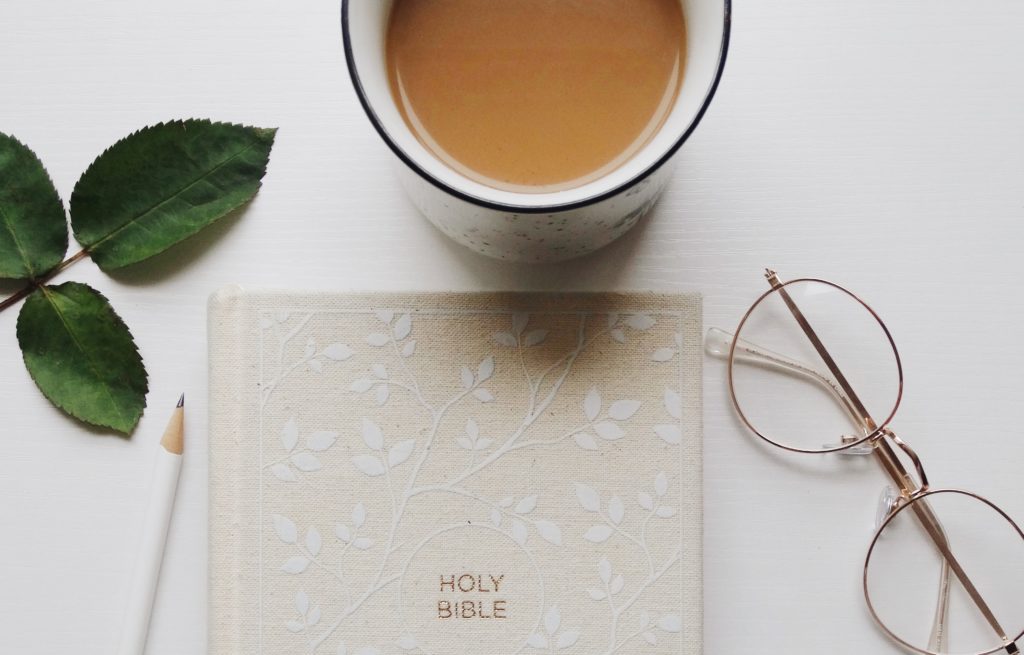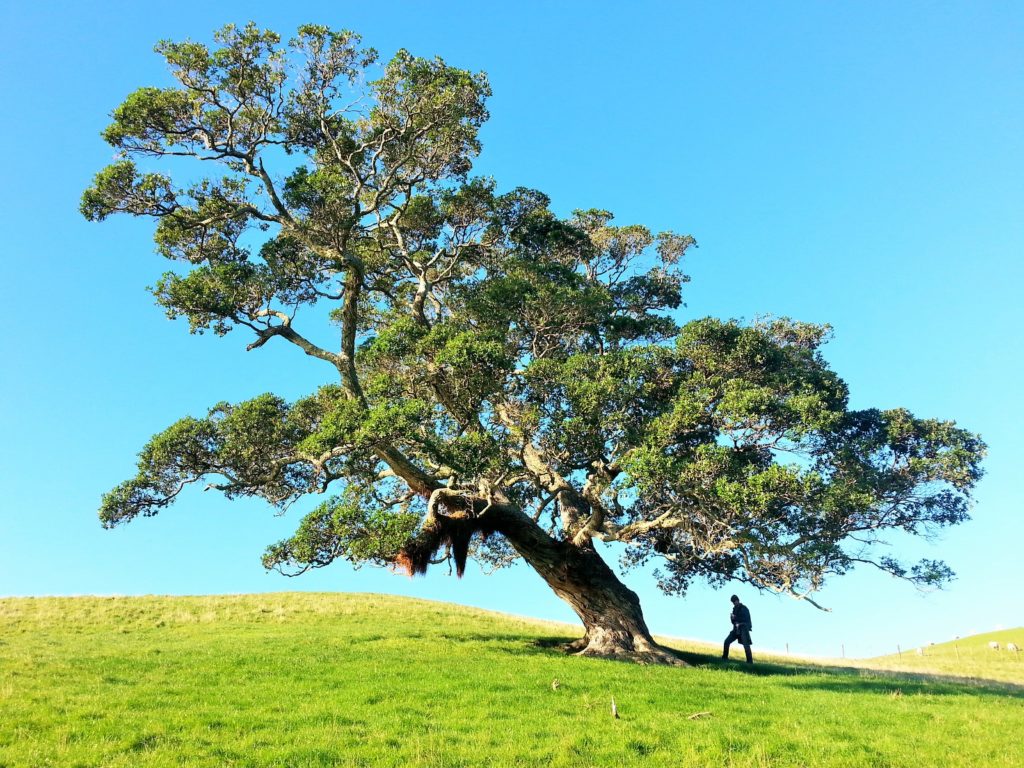
Creating new kinds of contact
Richard Bauckham sees the positive side of his Covid 19 self-isolation.
Since I am over 70, I have made the decision to self-isolate, regardless of when government advice to do so might be given. I did not see this as a matter of self-interest, but as my social responsibility. If I caught the virus, I might be lucky and get over it at home. But, at my age, I might well be hospitalised and occupy a bed at a time when the NHS is likely to be overwhelmed.
During the past week I have had the weird sense of a society preparing for an imminent outbreak of war. The feeling first came to me when I was travelling back from Oxford, via London, to Cambridge, and noticed how relatively few people were travelling.
In preparing, since then, for self-isolation I have been aware of doing things for the last time, as one might before the start of hostilities. My brief trip to Oxford last week was the last journey I shall make outside Cambridge.
On Friday I met someone for coffee, the last time I shall do that. On Sunday morning I attended a church service for the last time and saw many of the people I always see there for the last time. On Sunday I also had lunch with a friend for the last time, which was also my last meal in a restaurant.
Yesterday I went to the university library for the last time, to take out books I think I shall need in the near future (“stockpiling books,” as someone said to me).
By “the last time” I mean, of course, the last until this “war” comes to an end, and who knows when that will be? Three months? Six months?
The analogy with war came to me last week and I might then have thought it over-dramatic. But now everyone is using it. The difference from the great wars is that the “home front” is now the front.

Was there panic buying at the beginning of WWII? Probably, though I don’t know. I have been stocking up, but I don’t regard it as panic buying. Since I knew I was going to self-isolate, getting some supplies in seems a sensible thing to do. But I have not been filling the house with toilet rolls and pasta – or beans, which is apparently the obsession in the USA. For the time being, I shall probably do minimal shopping with care to keep social distance.
I know very well that self-isolation will be much easier for me than for many who live alone. I am relatively self-sufficient. Nowadays I hardly ever get lonely (though I can remember loneliness in the past). I am very well used to living alone. I never have any difficulty finding things to do on my own (just difficulty finding enough time for them). But none of that means I shall not miss the times I spend with other people. I shall also miss very much the experience of corporate worship every Sunday in a Christian community where I know and feel I belong. I hardly know what it will be like not to have that.
In concluding her sermon at my church, St Mark’s, on Sunday, Debbie Whitton-Spriggs said this:
“I wonder if we can see this time of being drawn aside as a time with its own opportunity. In this suspension, this liminal space, can we be receptive to different kinds of encounter – with each other and with God? When all around is closing down, can we be open?

“ Clearly our human encounters with each other may have to take on a different aspect, but perhaps we can be creative about making sure we maintain contact with people. About creating new kinds of contact. Under constraints, creativity can blossom, living water can flow. Again, I do not want to make light of the challenges or offer platitudes, but I think the real challenge to us who follow Christ is about turning our isolation to solitude, our drawing aside to drawing in, and our closed doors to open encounter.”
It strikes me we could abbreviate that challenge in the last sentence as “connected solitude.” The way through isolation is solitude in connexion with God and with others. We could be drawn more deeply or just differently into God’s love and thereby also into loving solidarity with others. In ordinary daily busy-ness we can be with others a great deal but do not necessarily feel or practise solidarity with them.
And since even the most anchoritic of us solitaries are allowed out – at least at present – for solitary walks we can deepen our appreciative experience of the natural world and draw near to God in that way too. We can watch spring arrive with perhaps more attention than usually, and receive the riches that the season has to give us. Perhaps in the regenerative wonder of nature (trashed by human misuse though it is) we can experience something of a spiritual regeneration in ourselves and our relationship with God.

In conclusion, I gleaned this from the Sunday Times:
In 1665 the University of Cambridge closed temporarily due to the bubonic plague. Isaac Newton had to work from home, and he used this time to develop calculus and the theory of gravity.
I have also heard it said that Shakespeare wrote King Lear while he was in quarantine. (Some of you will know whether this is true.) So who knows what may come out of this year of plague?
Keep safe.
Like what you’ve read? Consider supporting the work of Adamah by making a donation and help us keep exploring life’s big (and not so big) issues!

6 Comments
Albertha Cobetto
Good website! I truly love how it is easy on my eyes it is. I am wondering how I might be notified whenever a new post has been made. I have subscribed to your RSS which may do the trick? Have a great day!
Juliette Flach
Thank you for the feedback! We also have a Facebook page (https://www.facebook.com/adamahmedia/) and a Twitter account (https://twitter.com/Adamah_Media) which you are welcome to like/follow if you would like to see daily article recommendations. I hope you have a good day too!
blog
Wow, this post is pleasant, my sister is analyzing such things, so I am going to tell
her.
Stephen Greene
Hello,
If you accept guest posts, how much would you charge? What kind of content would you accept?
Stephen
Juliette Flach
Hello Stephen,
If you would like to write for us, we would love to hear from you and get to know what topics you would be interested in writing about. Please do email us on hello@adamah.media
Juliette
ปั้มไลค์
Like!! I blog quite often and I genuinely thank you for your information. The article has truly peaked my interest.